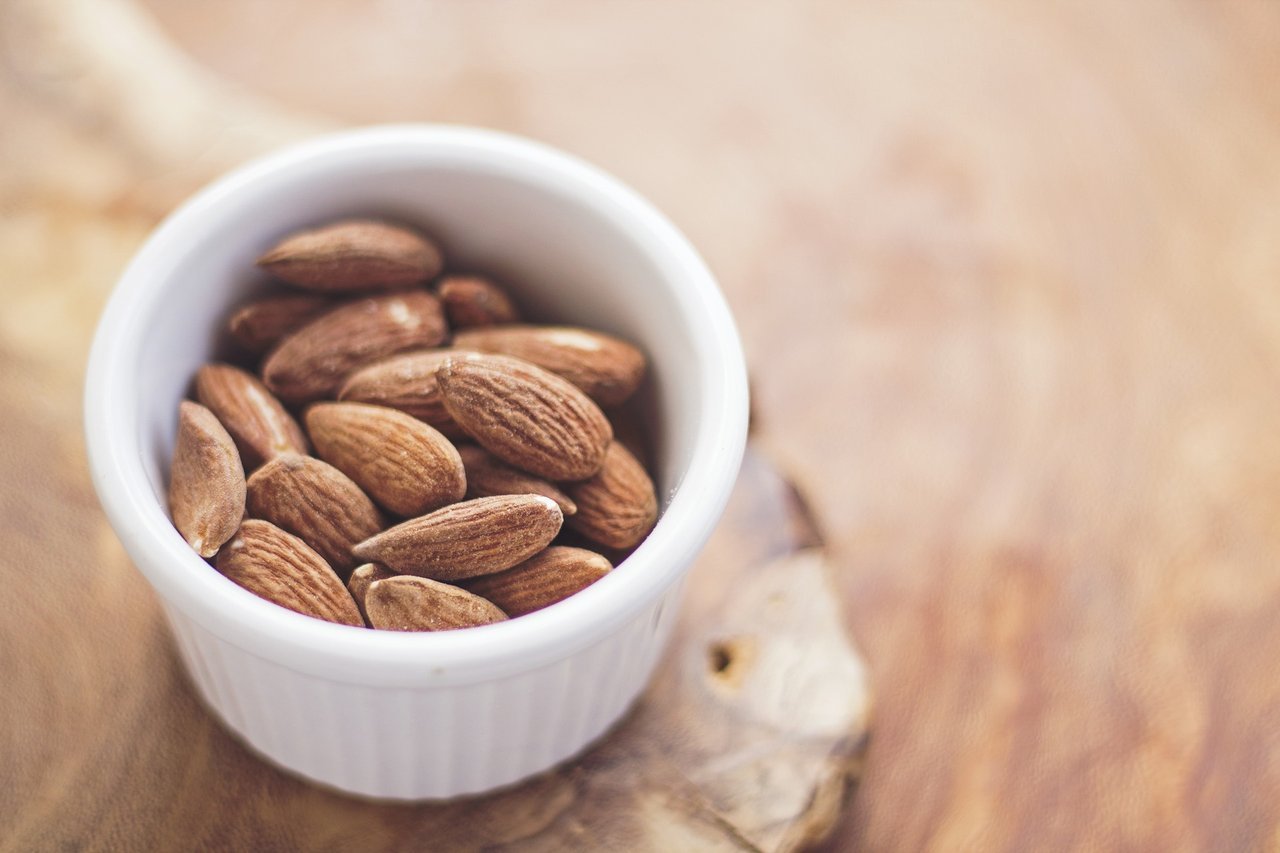
As your teen is growing, the foods they put in their body and the nutrients they get are extremely important. Therefore, it’s critical to ensure that your teen is eating a balanced diet. Vegetarian and vegan diets restrict the consumption of some nutritious foods—so are they safe for teens? Here are some things to keep in mind when considering vegan and vegetarian diets.
Understanding Balance

Image Credit: Mali Maeder
The important part of a healthy diet is maintaining an appropriate variety and an appropriate balance. Vegetarian diets remove meat and vegan diets remove all animal products, so consider what nutrients these food products normally provide and ensure that your teen can get these nutrients from other food sources. As long as your teen is eating meals that are balanced and nutritionally complete, a vegetarian or vegan diet can be safe and healthy.
Understanding the Nutrients We Need
With that in mind, which nutrients do vegans and vegetarians need to especially consider in their diets, and why are these nutrients important?
- Protein helps with growth and development. It also helps our bodies repair cells and make new ones.
- Iron helps red blood cells transport oxygen through our body and also plays an important role in helping our body produce energy. As a result, people who have low iron often feel tired.
- Calcium helps build strong, healthy bones and teeth, and helps release hormones. It is particularly important to supplement calcium for those eating a vegan diet.
- Vitamin B12 helps our bodies form red blood cells and aids in the normal functioning of the brain and nervous system.
Meat and dairy products are often rich in protein, iron and calcium. If your teen is eating a vegan or vegetarian diet, ensure that they are getting enough of these nutrients from other sources.
How to Supplement “Missing” Nutrients

Image Credit: Unsplash
So what are some other sources of these important nutrients? Options include:
- Protein: Eggs (for non-vegans), tofu, lentils, chickpeas, beans, seeds and nuts
- Iron: Spinach, broccoli, dried fruit, beans, pumpkin seeds
- Calcium: Milk and yogurt (for non-vegans), calcium fortified soy milk or juice, leafy green vegetables
- Vitamin B12: Fortified plant beverages, soy products and breakfast cereals
By having these foods around the house, you can help to ensure that your teen is getting the nutrients they are missing from any meat and dairy products they are abstaining from eating. You can also speak to your doctor about the option of taking nutritional supplements.
How to Decide if Vegetarianism is Right For You
If your teen or your family is considering vegetarianism or veganism, the health benefits can include decreased risk of heart disease, lower blood pressure, decreased risk for some types of cancer and a lower likelihood of being overweight.
However, with any diet, it’s important to remember to eat balanced meals and get all the nutrients you need. If your teen or family is considering becoming vegan or vegetarian, you need to be mindful not just about the foods you don’t eat, but the ones you intentionally do.
Part of being a teen is wanting to have increased control over yourself and your diet. If your teenager wants to become vegetarian or vegan, that’s their decision. However, you can help to ensure that they are staying healthy by providing alternate sources of the nutrients they would otherwise get from meat and animal products.
Feature Image: Unsplash


